Rittenhouse verdict illustrates double standard in justice system
December 23, 2021
This previously ran in our December 2021 print issue.
Correction: in December’s print edition, two phrases by senior Amanda Blagbrough were directly quoted in a commentary about the Kyle Rittenhouse case when her comments should have been paraphrased instead. The Stinger apologizes for the error.
Aug. 25, 2020, marked the loss of two lives and the beginnings of a legal case that would spark national scrutiny.
During a Black Lives Matter protest in Kenosha, Wisconsin, then 17-year-old Kyle Rittenhouse opened fire using his AR-15, leaving two dead and one injured. He cited his reason for being at the protest as protecting the property of a business.
Rittenhouse was put on trial for two counts of first-degree recklessly endangering safety, first-degree reckless homicide, first-degree intentional homicide, and attempted first-degree intentional homicide. A count of possession of a dangerous weapon by a person under 18 was dismissed by Judge Bruce Shroeder, Shroeder claiming that the Wisconsin law was poorly written.
Olivia Pinocci-Wrightsman, the president of Emmaus High School’s Young Democrats club, says that she finds that “the response has been problematic,” and it glorifies whether or not Rittenhouse’s actions were “self-defense or if there were two lives taken.”
If Rittenhouse had been found guilty, he could have faced up to 60 years in prison with an additional five years for use of a dangerous weapon. Instead, on Nov. 19, 2021, he was acquitted of all charges.
The outcome of the trial ignited a passionate response from both sides of the political aisle. After having a sympathetic interview with Rittenhouse that painted him in a positive light, Fox News host Tucker Carlson deemed the teenager a person who “tries his best to do the right thing at a time when almost no one else in the community is trying to do the right thing.” Carlson’s view of Rittenhouse proves to have a stark contrast to Democratic Representative Patrick Maloney’s statements about the outcome of the trial and the character of the defendant.
Maloney stated that it is “disgusting and disturbing that someone was able to carry a loaded assault rifle into a protest against the unjust killing of Jacob Blake, an unarmed Black man, and take the lives of two people and injure another – and face absolutely no consequences.”
Jacob Blake was left paralyzed below his waist after being shot in the back seven times by Kenosha police officer Rusten Sheskey. Sheskey was responding to a domestic disturbance when he shot Blake in front of his three children. The Justice Department chose not to press charges against Shesky, concluding that he fired in self-defense due to Blake having a knife. A video of the shooting sparked public outrage, with many citing it as yet another example of police brutality against people of color. This led to the protest in Kenosha where Rittenhouse shot and killed two of the demonstrators.
The opposite and polarizing views of the events that took place in Kenosha as well as within the courthouse lead many to ask the question, “what would the justified response to Rittenhouse’s actions be?” Rittenhouse was a child at the time of his crimes, but that doesn’t dismiss the fact that his actions resulted in the loss of life.
Young Republicans Club president, Amanda Blagbrough believes that “the trial was conducted, for the most part, fairly,” and that the justice system works in a nonpartisan way. However, it cannot be ignored that individuals such as George Floyd, Breonna Taylor, and Elijah McClain have faced far worse from the American justice system for doing far less. The American Academy of Pediatrics published a study in 2020 that showed that Black children were six times more likely to be shot and killed by police than their white counterparts. Black teenagers are killed by law enforcement while white teenagers get let off the hook by the law in response to killing. Rittenhouse is yet another blatant example of this and the biases within a corrupt system.
Rittenhouse did not deserve life in prison for choices that he made as a teenager; very few people do, however, he also did not deserve to get no more than a light slap on the wrist.


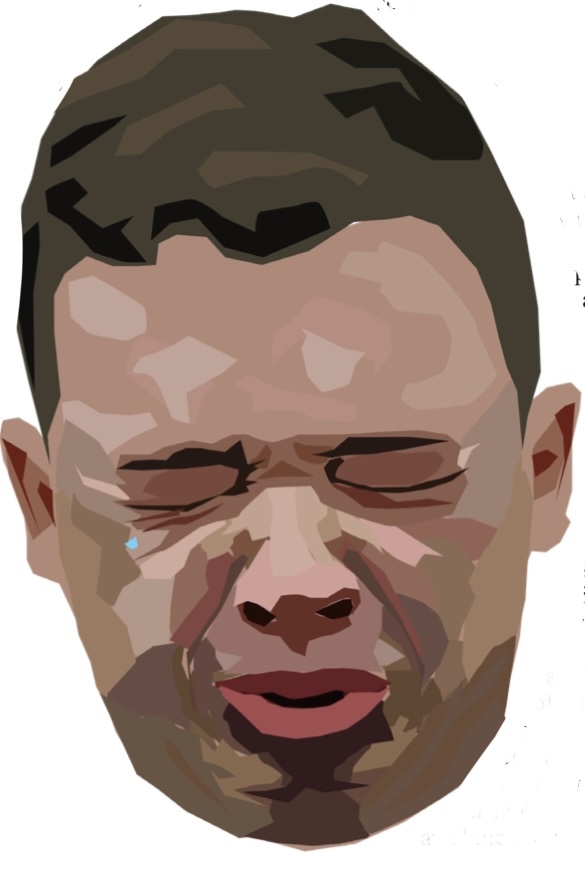

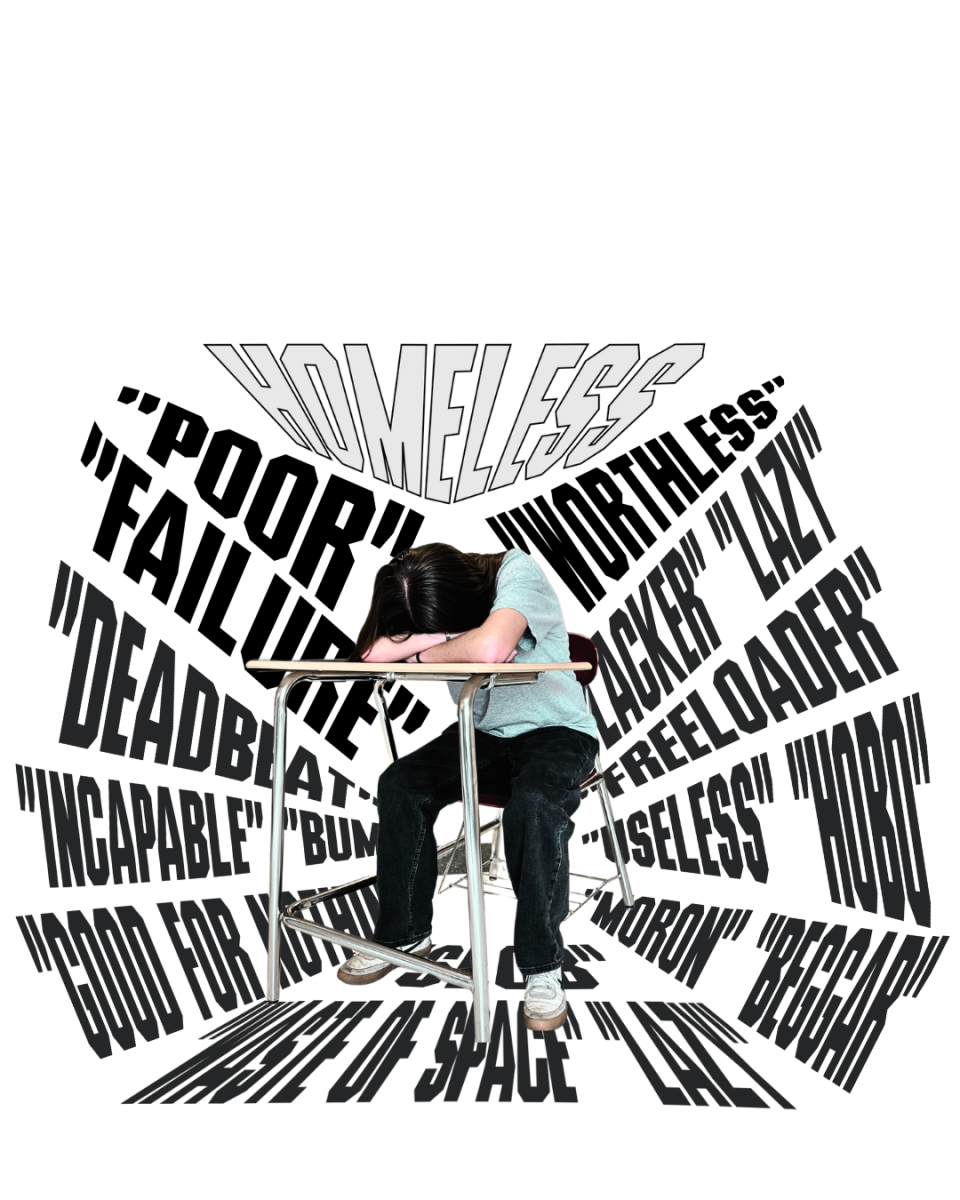

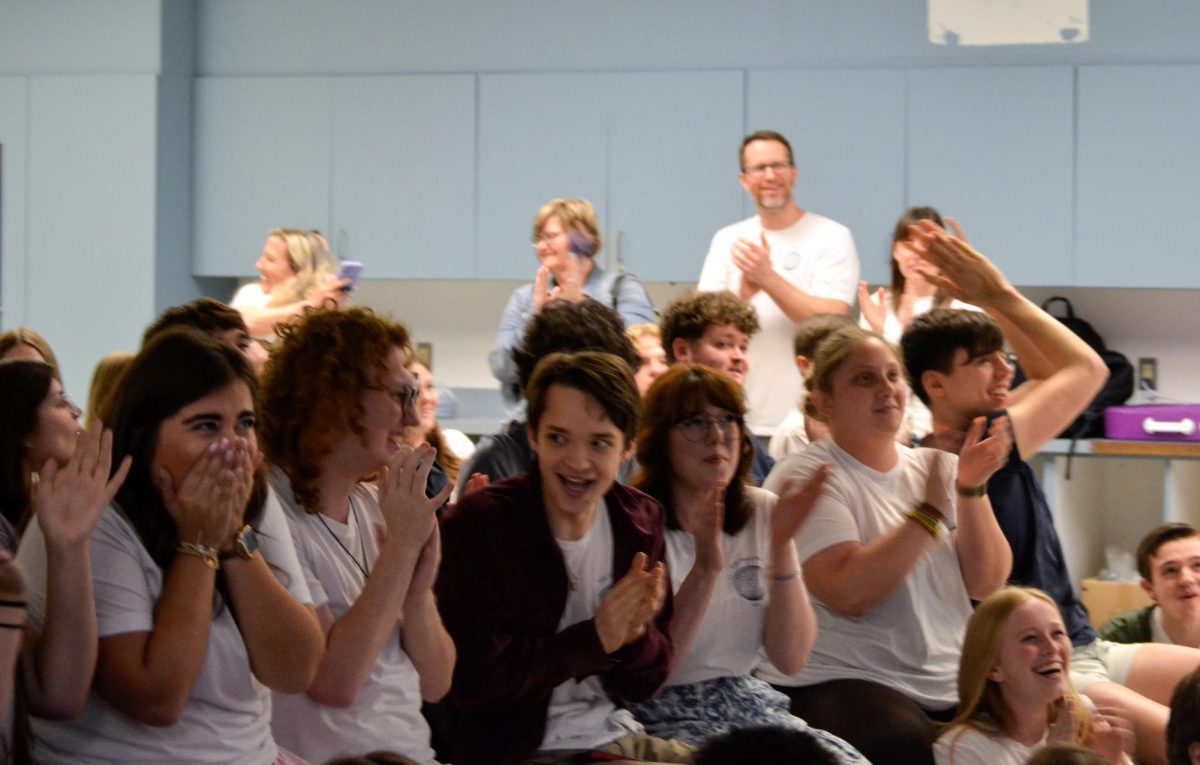

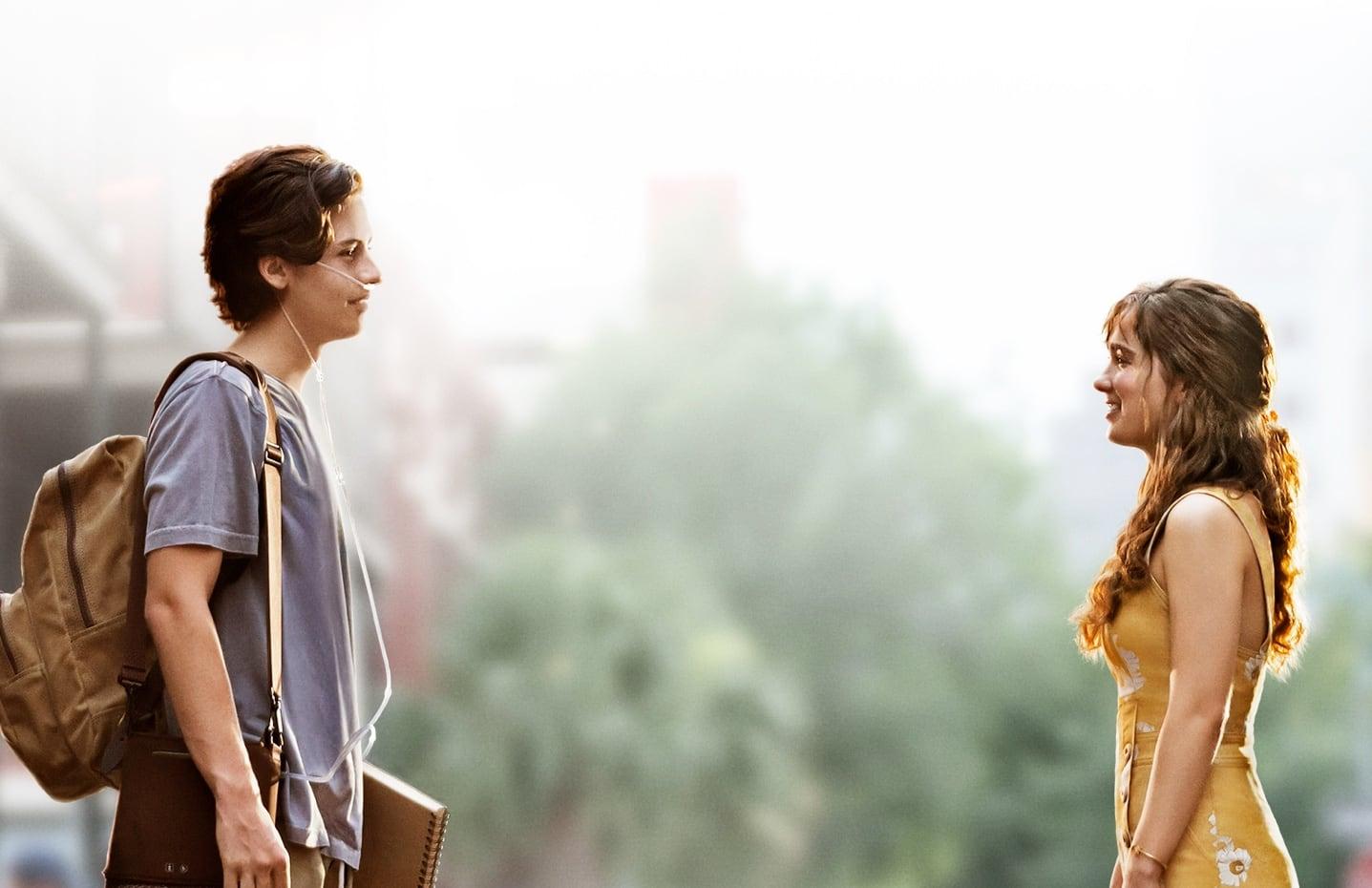
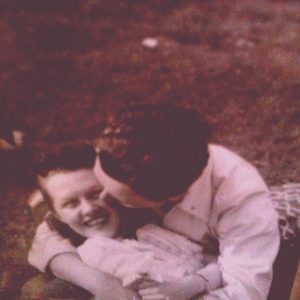
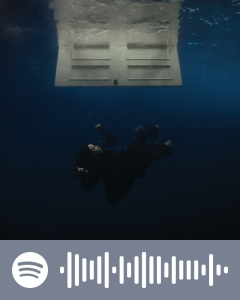

Chris Barnes • Dec 23, 2021 at 10:26 am
Sophia, this is so well done. Also, is the graphic made in-house? Love that as well. I’m the adviser of Northern Lehigh’s school paper and we have an opinion coming out about the state of justice in America. So good to see it covered elsewhere. Keep it up 🙂